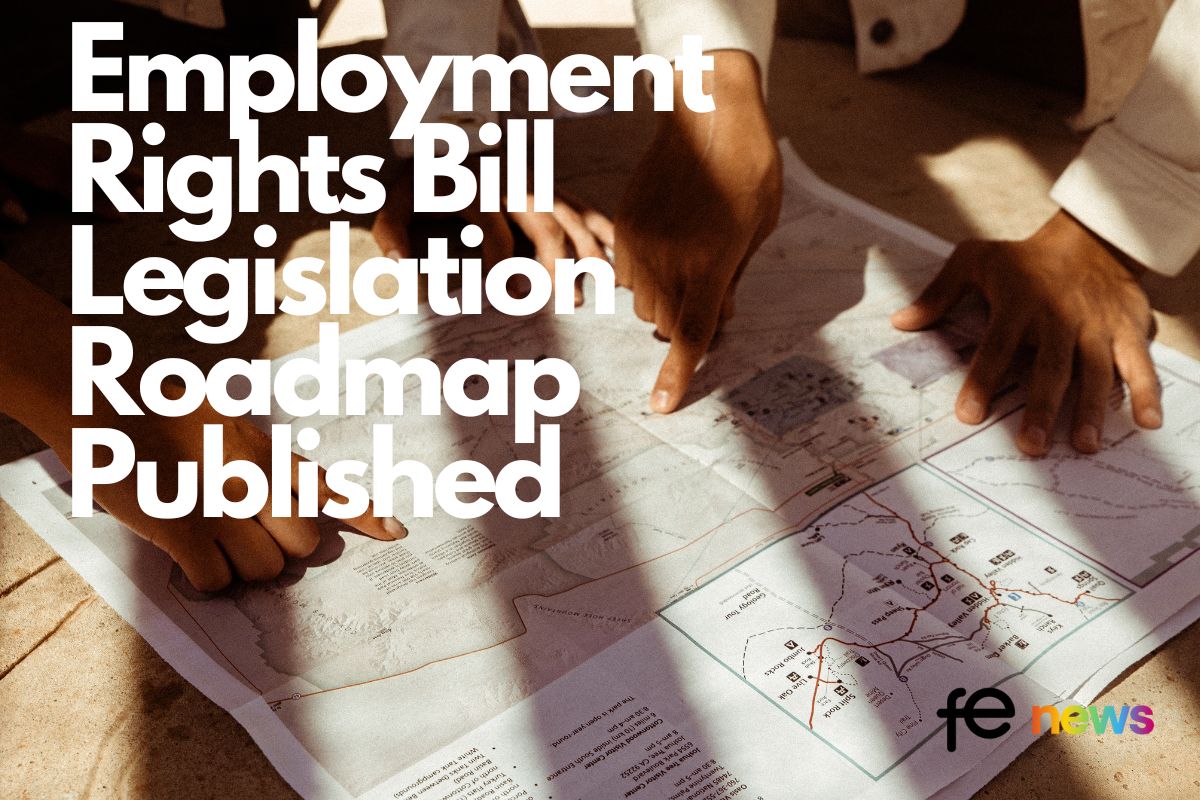London Higher Response to Consultation on HE Reform: Part 3

This document provides London Higher’s response to the Department for Education’s consultation on
HE Reform, published on the 24 February, for response before 06 May 2022.
This consultation response was created after extensive discussion with the London Higher membership and seeks to represent the diversity of London HE.
Foundation Years
Question 14: Do you agree with reducing the fee charged for foundation years in alignment with Access to HE fees? Yes or No. Please explain your answer, providing evidence where possible.
No. London Higher believes that reducing the fee charged for Foundation Years would be detrimental to both students and providers and would lead to the cessation of some Foundation Year provision, the reduction in quality of others, a reduction in essential wraparound student support, and an overall negative impact upon student outcomes. London Higher welcomes the retention of Foundation Year provision in some form, however, the proposal to reduce the fee charged would mean that for many subjects, this provision would become unviable (as evidenced in TRAC) because not all providers have the means to make up the shortfall and effectively cross-subsidise Foundation Years provision from other areas of the organisation.
Foundation courses are disproportionately a pathway for those from underrepresented backgrounds to progress to higher education. In 2017/18, 32% of students on Foundation Years in universities came from the most disadvantaged backgrounds, up from 25% in 2011/12. Across ten institutions in the Policy Perspective Network, which include Middlesex University London, students on Foundation Years were more likely to be male and from an underrepresented background; more likely to be from a BAME background; more likely to be from a disadvantaged or underrepresented background; and more likely to have a disability. A cut to Foundation Year fees will reduce the ability of institutions to offer students the wider services required in order to support them to succeed. This is particularly acute given the demographic of students on Foundation Years who typically require additional support to succeed.
Reducing funding risks creating a vicious cycle in which Foundation Years are not properly resourced to meet the needs of students, leading to a drop in student outcomes and potential regulatory action from the OfS, which results in the closure of this provision. As we have highlighted in our response to the OfS’ Student Outcomes consultation, the proposals around regulating student outcomes will create an environment wherein institutions are disincentivised from continuing to offer courses that present a high risk of regulatory action. Such closures would significantly restrict access to higher education for many disadvantaged groups.
The comparison between Access Courses and Foundation Years fails to account for the increased success of Foundation Years as pathway to higher education. According to analysis from the OfS, a higher proportion of students progress to a degree after taking a foundation year (79%) than following an Access Course (62%). Foundation courses allow students who might not feel ready for degree-level study to immerse themselves in university life, prepare for Level 4 study and begin to build networks which are important to both their wellbeing and progression into careers. The replacement of Foundation Years with Access courses fails to appreciate the hugely differing needs across different subjects and the significant variation in impact geographically.
Moreover, Foundation Years are reactive to local skills shortages and regional needs – they are ‘the personification of social mobility, of levelling up’. Foundation Years build the pipeline to Science, Technology, Engineering and Maths (STEM) courses and address skills shortages. Analysis by the OfS found that in 2017/18, Engineering and Technology was the second largest subject for entrants to Foundation Year courses (12% of entrants), followed by Biological Sciences (11%), with the largest area of provision being in Business and Administrative Studies (26%). Art Foundation Years have traditionally been a common route for those progressing onto specialist provision such as Fine Art and Visual Arts courses at undergraduate level. The impact of reducing funding and provision for this pathway is not discussed in the consultation.
Question 15: What would the opportunities and challenges be of reducing the fee charged for most foundation years, and of alignment with Access to HE fees? Please explain your answer, providing evidence where possible.
Reducing the fee charged does not present any opportunities as it results in significantly less money for providers to meet the complex needs of Foundation Years students. Despite their passion to take on and teach traditionally underrepresented students, some smaller, specialist providers without the means to fill the cost shortfall from other areas of the organisation will have no choice but to cease Foundation Years if they are to become loss-making.
Reducing funding risks creating a vicious cycle in which Foundation Years courses are not properly resourced to meet the needs of students, leading to a drop in student outcomes and potential regulatory action from the OfS, which ultimately results in the closure of this provision. As we have highlighted in our response to the OfS’ Student Outcomes consultation, the proposals around regulating student outcomes will create an environment wherein institutions are disincentivised from continuing courses which present a high risk of regulatory action. Such closures would significantly restrict access to higher education for many disadvantaged groups.
Question 16: Do you agree there is a case for allowing some foundation year provision to charge a higher fee than the rest? Or is there another way for government to support certain foundation years which offer particular benefits? Please explain your answer.
London Higher does not believe that Foundation Years should attract differing fees. As discussed in Q14, Foundation courses are disproportionately a pathway for those from underrepresented backgrounds to progress to higher education. They are reactive to local and regional skills shortages, directly contributing to the Levelling Up agenda. Differentiating funding by subject would not only lead to increased administrative burden on institutions, but would undermine demand for courses seemed ‘lower value on the basis of such funding, many of which provide vital pathways to further study.
Question 17: If some foundation year provision were eligible to attract a higher fee, then should this eligibility be on the basis of: particular subjects? Some other basis (for example by reference to supporting disadvantaged students to access highly selective degree-level education)? Please explain your answer.
London Higher does not believe that Foundation Years should attract differing fees.
Read all from the 4-part series here:











Responses